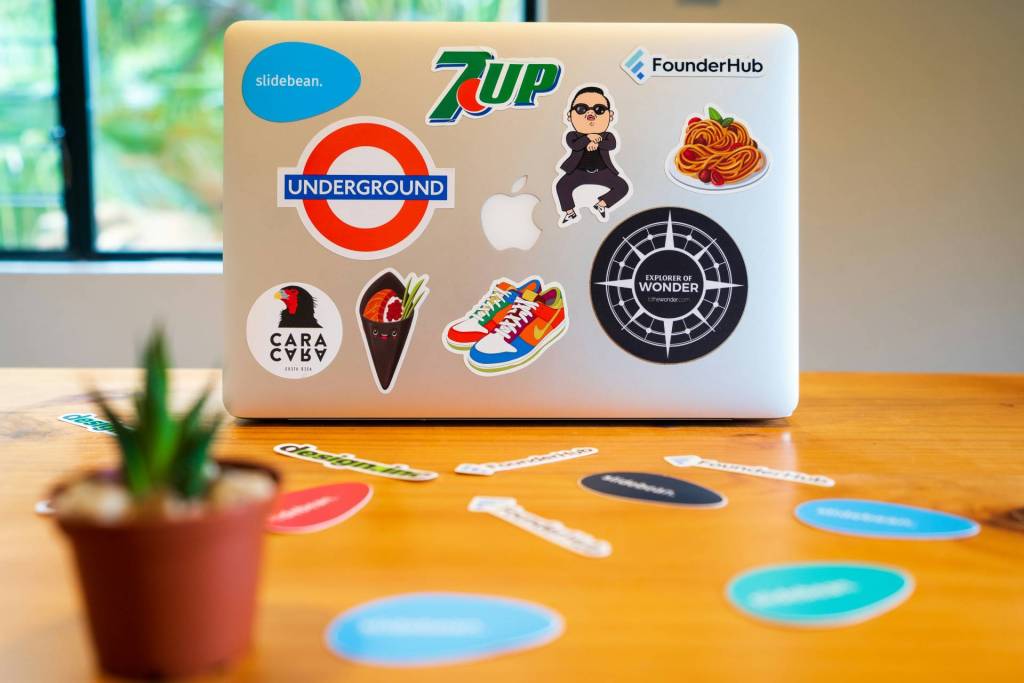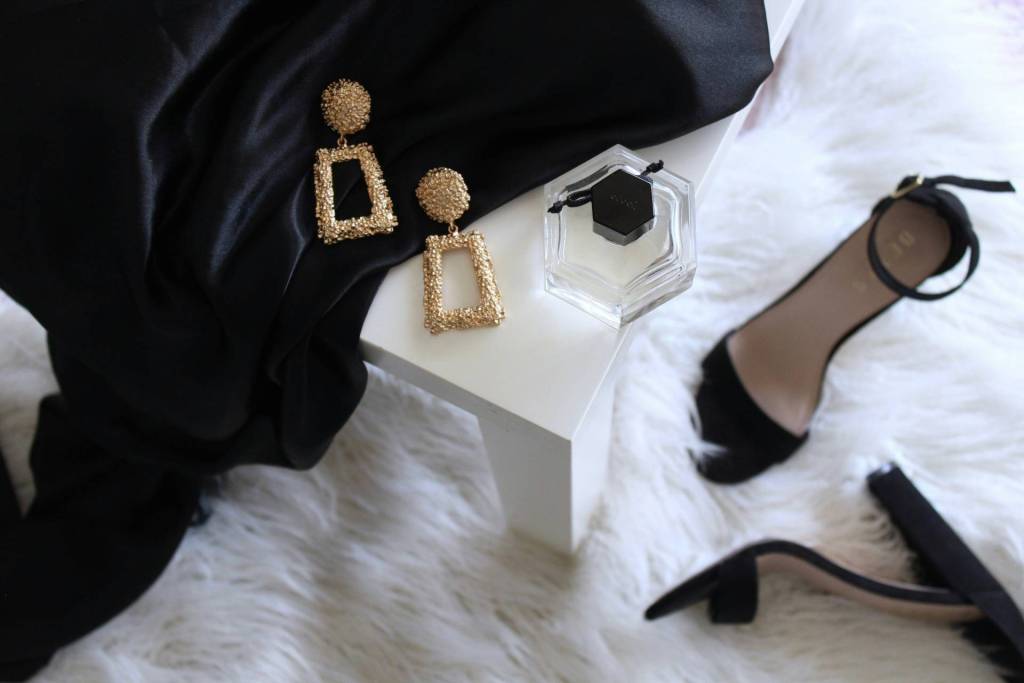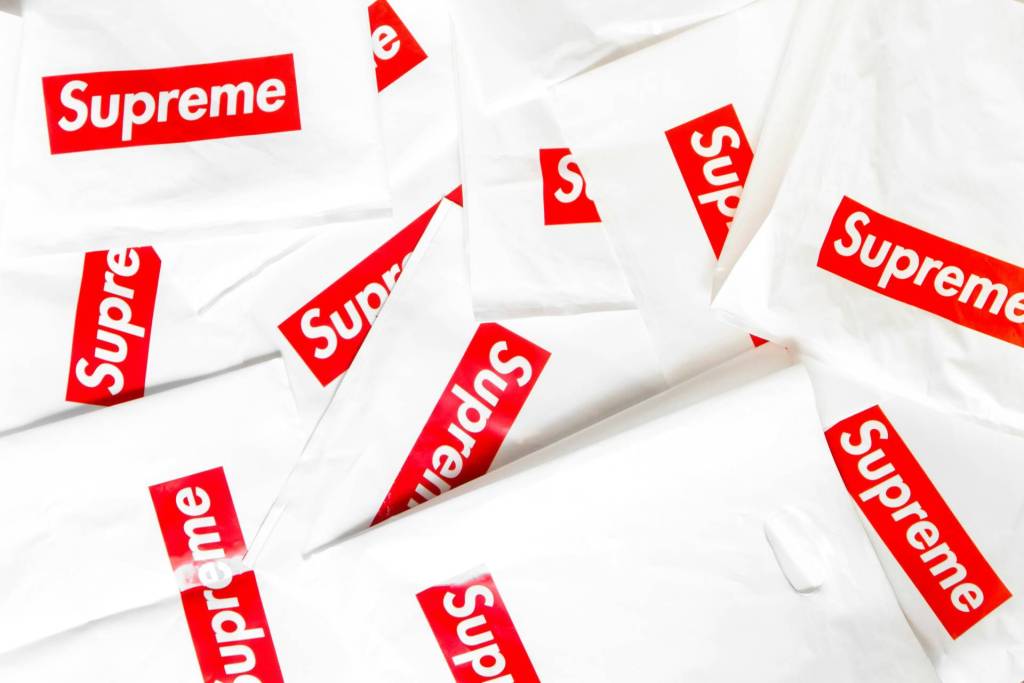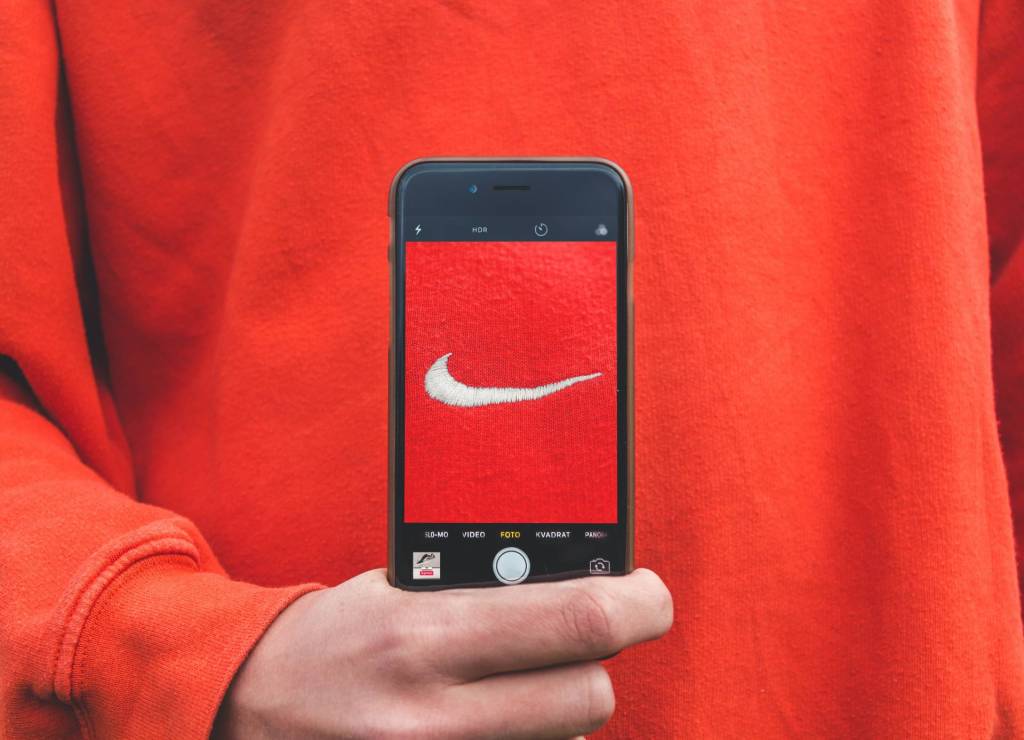One sheets are essential personal brand-building tools for authors and self-employed professionals.
They’re practical, effective, and efficient tools that can distributed for free as email attachments or website downloads. You can also use your desktop printer to print and mail them, as needed, or distribute them at networking events.
One of the best ways you can master the best practices of brand-building success is to seek out and study examples of successful one sheets online.
Modeling the success of others
In a previous Author’s Corner post, I described the 6 Questions Your One Sheets Should Answer. These questions include:
- Who are you?
- What’s your background?
- What topics do you speak about?
- What kind of events have you spoken at?
- What have audiences said?
- What have clients or event organizers said?
These questions provide a framework for learning how to master the best practices of brand-building success.
Deborah Shane’s case study in one sheet success
Deborah Shane’s media kit is an excellent example of one sheet brand building success. It illustrates several one sheet content and design best practices.
Deborah’s singe-page/two-sided media kit provides concise answers to the above 6 questions.
But, more important, her one sheet media kit illustrates several additional aspects of one sheet brand building success.
Big picture focus
One of the most important differences between Deborah Shane’s media kit and many others I’ve studied is that her one sheet focuses on her media experience and speaking abilities, not her book.
Deborah’s Career Transitions: Make the Shift-Your Five Steps to Successful Career Reinvention book is used as a credibility tool, not the centerpiece of her one sheet
Whether you’re a busy broadcast producer or event planner, the message that emerges from her one sheet is that Deborah Shane is a media professional you can trust, one who won’t freeze up on stage or when the cameras begin to roll.
Books come and go during an author’s career, but the author’s brand should remain the focal point of their marketing.
In Deborah’s case, the front of her media kit opens with the headline, 5 Steps to Career Reinvention In New Book, which clearly references her book, but is more than an advertisement for the book.
The headline is significant from several perspectives. Often, one sheets either lack a headline, or just contain the author’s name and book title.
By using a “news-type” headline creates a more engaging approach which segues into establishing Deborah’s context – her personal experiences and lessons learned – but, with an emphasis on her present media and speaking abilities.
Proving her offer
Proof of the strength of her message is provided on the front page by the examples “from her toolbox.”
Further proof of Deborah’s media savvy is provided on the back page, which contains references to her print and broadcast experiences, with supporting quotes from individuals associated with Good Morning America, USAToday, and others.
Further proof of her media competence is provided by a list of topics she’s comfortable addressing. These topic examples are presented as interview themes or as event titles. Each title provides a ready-to-use headline that engages interest and explains the topic’s relevance.
Image, design, & consistency
In addition to telling Deborah’s story as concisely as possible, her one sheet immediately projects an optimistic and professional image. Design elements that help the one sheet project a strong and positive image include:
- Photograph. The photograph projects a friendly, confident, and enthusiastic image that reflects a professional touch no amateur photograph an achieve.
- Layout. Notice how the design chunks, or breaks-up, each side of the one sheet into separate areas. The colored backgrounds separate and organize the text.
- Chunking. Subheads further organize the text and break it up into topics, helping readers quickly skim the page and locate desired information.
- Colors. The limited color palette, or selection of colors, contributes to a professional image and helps direct the reader’s eyes from topic to topic.
Consistency, of course, is the biggest lesson taught by Deborah Shane’s media kit.
The typeface design and the colors used in the banners at the top of the front and back of her one sheet are consistent with the colors and typeface used on her website and on the cover of her book.
Indeed, one of the significant design elements on her media kit is the way it projects a web-savvy image, achieved by the size and placement of the header graphics and the web-like navigation bar that provides a visual summary of her media and speaking qualifications.
Her social media links, on the back page, provide further evidence of her Web 2.0 experience.
Takeaways and resources
The above are just some of impressions I noticed when I studied Deborah Shane’s one sheet media kit. You may have noticed things that I may have overlooked. If you did, please share your impressions and one sheet questions and concerns below, as comments. In addition, you may want to take another look at these previous Author’s Corner illustrated articles about using one sheets to sell more books and build your personal brand located here, here, and here. Also, here.
Author:
Visit Roger C. Parker’s Published & Profitable and get a new perspective on writing and publishing a book from his 99 Questions to Ask Before You Write and Self-publish a Brand-building Book












